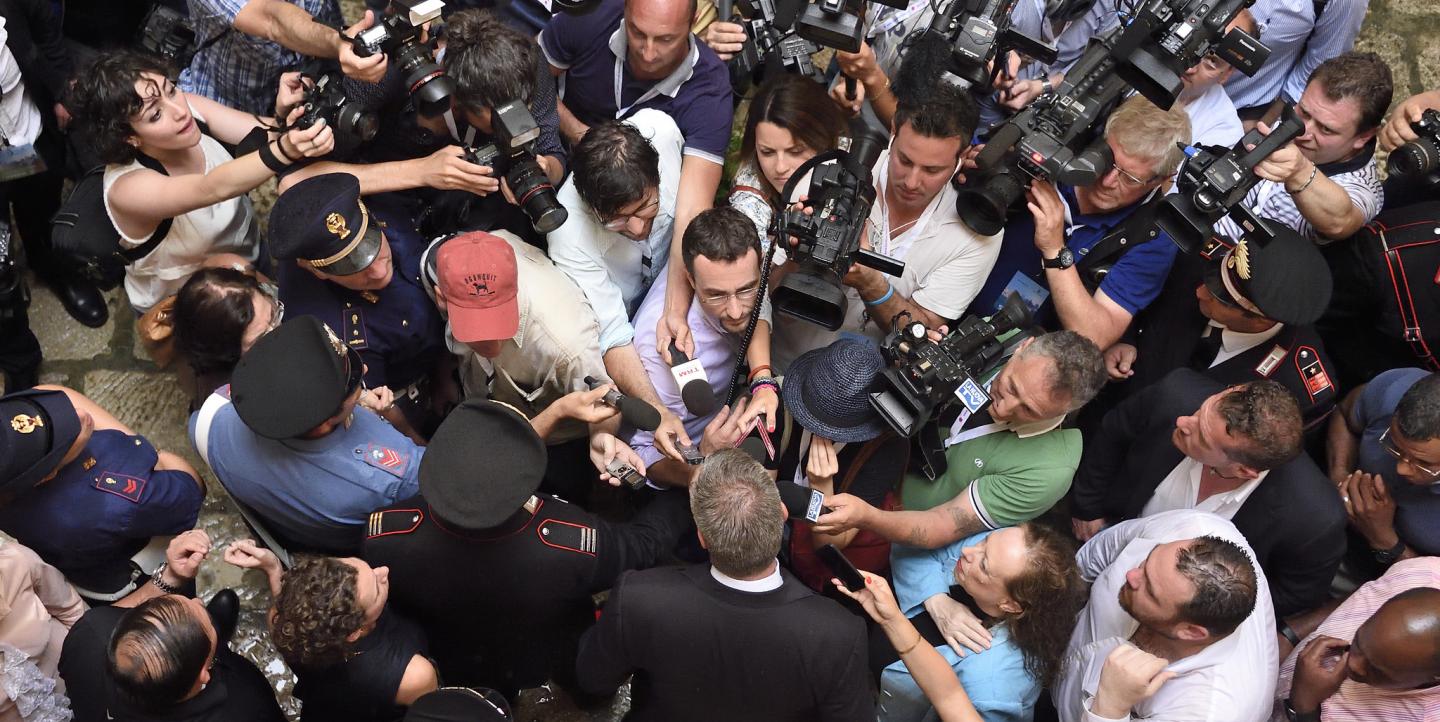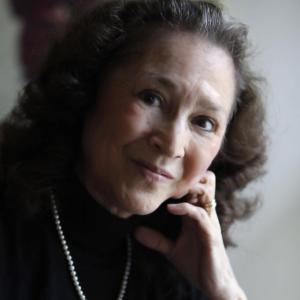With 24/7 news cycles and social media’s wide reach, the need for fact-checking has never been greater. An international movement is answering the call.
The third Global Fact-Checking Summit drew participants from 41 countries to Buenos Aires, Argentina on June 9 – 10. Some came from as far away as Australia, India, South Korea and Kenya to share more than 100 projects with a common theme: holding information brokers accountable.
The Poynter Institute's International Fact-Checking Network and the Duke Reporters’ Lab hosted the summit. It drew a diverse group from media professionals to researchers, civic activists and staffers for nonprofits who run fact-checking operations.
"The low cost of online distribution, the increasing availability of open data and growing distrust in mainstream media has meant many fact-checking projects originate from outside traditional journalism," Alexios Mantzarlis, director of the International Fact-Checking Network, noted in a June 7 post. "In fact, a majority of non-U.S. fact-checking sites are run not by established media outlets, but by civil society organizations."
He pointed to global leaders in the field such as the U.K.’s Full Fact, Johannesburg based Africa Check and Argentina’s Chequeado. Before he joined Poynter, Mantzarlis was co-founder of Pagella Politica, Italy’s largest political fact-checking website.
Participants at the summit discussed creating a code of principles to push fact-checkers toward greater transparency and earn readers’ trust. This would include a commitment to nonpartisanship, transparency in methodology, sources and funding. Fact-checkers from around the globe are now being invited to weigh in.
We turned to Mantzarlis for insight into this movement:
IJNet: There appears to be a new trend of accountability journalism. Is that on target?
Mantzarlis: Fact-checking is for sure a leading form of accountability journalism. In the United States, it was very much born in response to a sense of frustration with he-said/she-said reporting. In many other parts of the world, it isn't even journalists leading fact-checking efforts, but organized civil society groups frustrated with the media not fulfilling its role in scrutinizing public claims.
I would add that there is a newer trend towards fact-checking not just as a tool of political accountability but one inspiring active skepticism among citizens who are now not just media consumers, but increasingly through their use of Facebook, Twitter, etc., also small media producers.
A stunning view of #GlobalFact3 pic.twitter.com/PrIwJWkQod
— Alberto Puoti (@albio77) June 10, 2016
What necessitated the move from fact-checking/copy desks in newsrooms to where we are today?
I don't think there was an automatic transition from "internal" fact-checking, which is aimed at ex ante verification of articles, to ex post "external" fact-checking initiatives concentrating on claims in the public eye already. That said, the skills are similar and for sure a perceived lowering of accuracy standards across the industry has fueled reader demand for independent fact-checkers — who often scrutinize claims by the media and not just politicians.
Is the popularity of social media a key factor?
Social media is definitely a key factor in that it both multiplied the channels for claims to spread and further reduced the onus on accuracy over the desire for immediacy and "sexiness." Social media also allows politicians to reach out to the public directly without a media filter, so scrutiny of those claims is crucial.
Another crucial factor behind the boom in independent fact-checkers has been the increasing push to make public data available online, which slashed the costs of fact-checking thus making possible these new initiatives which often have tiny budgets or are even volunteer-driven.
For more information on fact-checking, tap into this Global Fact 3 tip sheet that offers links and practical advice.
Main image CC-licensed by Flickr via Diana Robinson.


